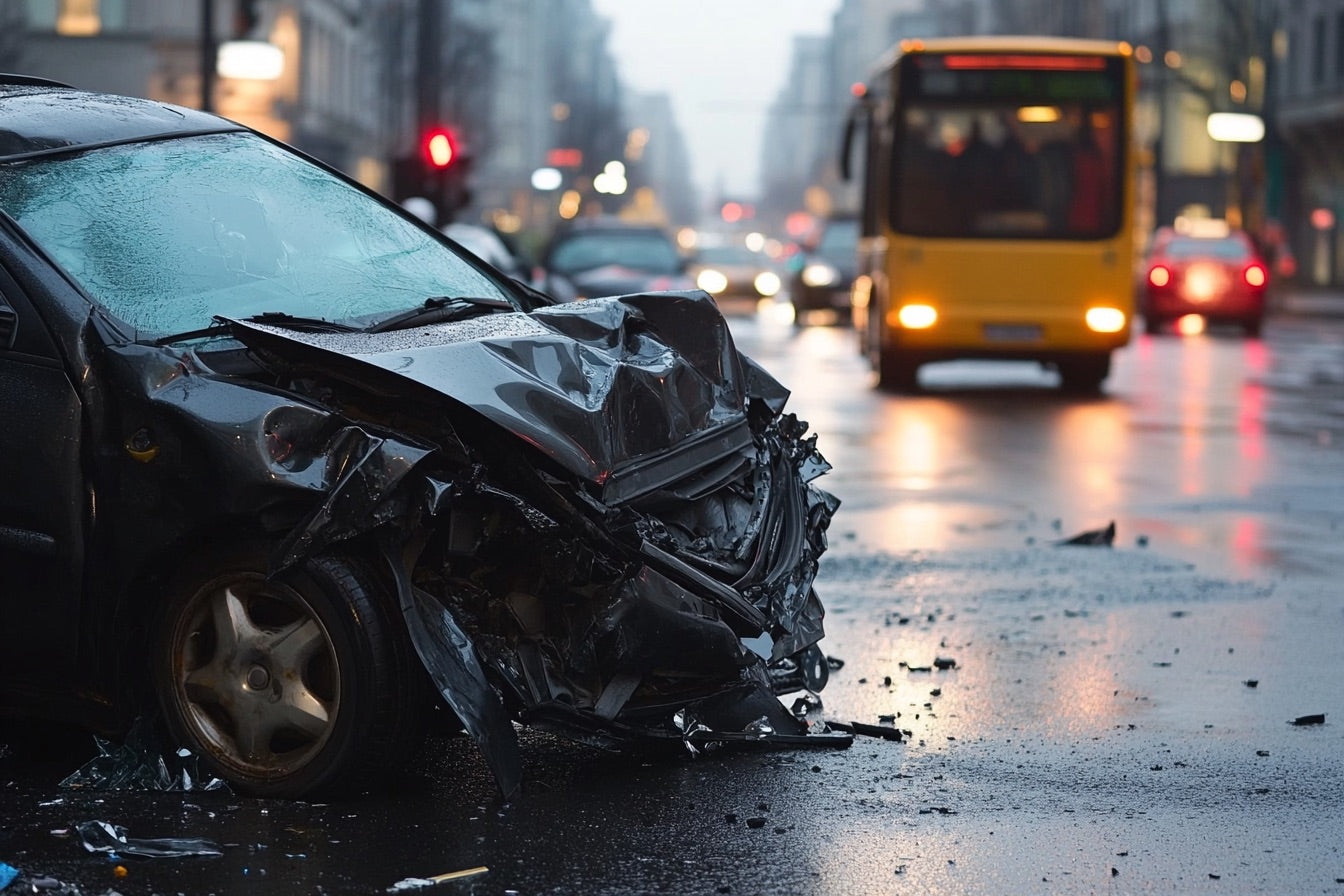Every year, Michigan residents set their clocks forward for Daylight Saving Time (DST), and with it comes an unfortunate and notable increase in car accidents. Studies have shown that losing just one hour of sleep can significantly impact drivers' attention, reaction time, and overall awareness on the road. If you or a loved one has been involved in a crash following the DST transition, understanding your rights and liability in these cases is crucial.
How Daylight Saving Time Leads to More Michigan Car Accidents
The transition into DST disrupts sleep schedules and circadian rhythms, making drivers more susceptible to drowsiness. Research indicates that the Monday after the time change often sees a spike in accidents nationwide, and Michigan is no exception. Factors contributing to this increase include:
- Drowsy Driving: Sleep deprivation reduces cognitive function and impairs judgment, leading to slower reaction times.
- Change in Natural Lighting: The morning commute may be darker than usual, reducing visibility for drivers.
- Rush Hour Congestion: Many people do not adjust their schedules to accommodate changes, leading to busier roads and higher accident rates.
When these factors combine, the risk of serious car accidents increases, raising concerns about liability and compensation for accident victims.
Who is Liable in a Daylight Saving Time Crash?
In Michigan, liability in a car accident is determined based on negligence. Drivers have a duty to operate their vehicles safely, and drowsy or inattentive driving can constitute negligence. If you were involved in a crash caused by another driver’s fatigue, you may have grounds to seek compensation.
Factors That Influence Liability
- Driver Negligence: If another driver was fatigued or fell asleep at the wheel, they could be held responsible.
- Distracted Driving: Some drivers unknowingly compensate for drowsiness by engaging in other risky behaviors, such as checking their phones or adjusting their radios while driving.
- Employer Responsibility: If the drowsy driver was working at the time (such as a truck or delivery driver), their employer may bear partial liability.
Comparative Negligence in Michigan
Michigan follows a comparative negligence system, meaning that if you share some level of fault for the crash, your compensation can be reduced accordingly. For example, if you were found to be 20% responsible for the accident, any damages awarded may be reduced by 20%. However, if you were less than 50% at fault, you can still recover damages from the more negligent party.
How Michigan’s No-Fault Insurance System Affects Your Case
Michigan operates under a no-fault insurance system, which means your own insurance covers medical expenses and lost wages, regardless of who caused the accident. However, if you were seriously injured, you may have grounds to file a lawsuit against the at-fault driver.
When Can You Sue?
Under Michigan law, you can file a lawsuit against the at-fault driver if the accident caused:
- Permanent serious disfigurement
- Serious impairment of body function
- Death
These criteria can be complex, and an experienced attorney can help assess whether you qualify to step outside of the no-fault system and pursue additional damages.
What to Do After a Car Accident Following Daylight Saving Time
Taking the right steps after an accident can strengthen your case, protect your rights, and ensure you receive the compensation you deserve.
1. Seek Medical Attention
Your health should be your top priority. Even if you believe you are not injured, symptoms of concussions or soft tissue injuries may not appear immediately.
2. Document the Scene
If you are able, take photos of the vehicles, any visible injuries, and road conditions. Gather witness contact information and exchange details with the other driver.
3. Report the Accident
In Michigan, you are required to report accidents that involve injury, death, or damages exceeding $1,000. Contact the police and request an accident report.
4. Notify Your Insurance Company
Speak with your insurance provider as soon as possible. However, avoid admitting fault or speculation about the cause of the accident.
5. Contact an Experienced Lawyer
Car accident claims—especially those involving serious injuries—can become complicated. An attorney can help protect your rights, negotiate with insurance companies, and take legal action if needed.
Why You Need a Lawyer for a Daylight Saving Time Accident Case
While you may be entitled to compensation under Michigan’s no-fault laws or through a lawsuit against an at-fault driver, navigating the legal system alone can be overwhelming. A lawyer can help by:
- Proving the other driver’s negligence.
- Gathering evidence such as police reports, witness statements, and accident reconstruction data.
- Negotiating with your insurance company to maximize your payout.
- Filing a lawsuit if necessary to obtain adequate compensation for your injuries.
With the complexity of Michigan’s laws, working with an experienced attorney ensures that your case is pursued properly and with the best possible outcome in mind.
Get Legal Help After a Michigan Car Accident
Car accidents following Daylight Saving Time can have devastating consequences, and proving liability in drowsy driving cases can be challenging. If you've been injured in a crash and need help recovering damages, don’t wait to get expert legal assistance.
Call Aaron J. Boria today at (734) 453-7806 for a free consultation. We will review your case, explain your legal options, and fight for the compensation you deserve.


Share:
Can You Get Arrested for Not Shoveling Snow? Understanding Michigan's Sidewalk Clearance Laws and Municipal Regulations
Michigan Open Container Laws Explained: Essential Tips for Safe St. Paddy's Bar Hopping